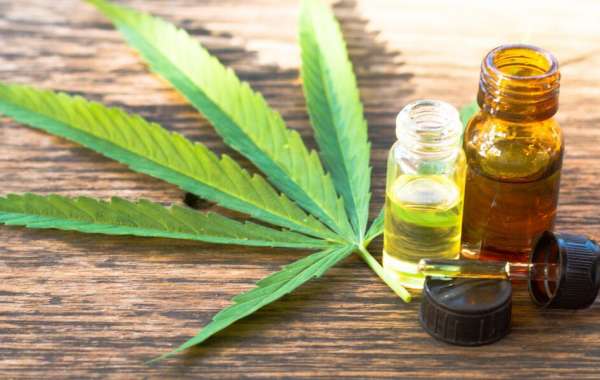Marijuana addiction is a health issue which afflicts many people. It can lead to psychosis, health issues, and paranoia. This article discusses signs and symptoms, as well as treatment options.
Signs
Marijuana addiction, also known as cannabis use disorder, is a condition that can have devastating effects on a person's life. It affects the way a person thinks, acts and feels. In addition, it can cause hallucinations, delusions and even psychosis.
Several signs may help you tell if your loved one is dealing with a marijuana addiction. These signs include a disproportionate amount of time spent on the drug, secretiveness, and lack of coordination. If you notice a loved one using marijuana in any of these ways, consider staging an intervention.
A strong craving for the drug is a clear sign that the person is addicted. The craving is usually strong enough to warrant treatment.
While the use of marijuana is legal in some states, there are serious consequences associated with its misuse. Some people become addicted to the substance and cannot stop using it.
Psychosis
If you're worried about a family member, friend or colleague who is using marijuana, or if you yourself are using it, it's important to learn about how it can cause psychosis. There are steps you can take to reduce the risk of developing the condition.
Psychosis is a mental disorder characterized by disruption of one's thoughts, feelings and behaviors. It can also include delusions. Symptoms can range from mild to severe.
A person who is undergoing a cannabis-induced psychotic episode may exhibit behaviors such as racing thoughts, anxiety, irritability, or feeling detached from his or her own identity. These symptoms can be distressing, and may lead to other dangerous actions.
In addition, hallucinations can occur, as well as other visual or bodily sensations that the individual believes are real. Drugs such as cocaine, amphetamines, steroids, and alcohol can trigger psychosis.
Paranoia
When a person uses marijuana, they are liable to develop paranoia. A paranoid individual can become irrational in their beliefs, behavior, and relationships. They might mistrust others, and may not trust the professionals who are trying to help them with their problems.
Paranoia is a symptom of several conditions, including personality disorders and substance abuse. It can also be a sign of a severe psychiatric condition, such as schizophrenia.
Feeling paranoid isn't always bad. Marijuana has been shown to relieve some people of their anxiety. However, it's not known whether it helps reduce the risk of developing more serious problems.
Paranoia can be a difficult condition to deal with, and it can affect all aspects of a person's life. It can cause people to avoid social situations, leaving them isolated.
Health problems
When you think you may be addicted to marijuana, it's important to see a doctor. Marijuana has many different effects on your body and health. You should also know that marijuana abuse can lead to permanent brain damage.
Marijuana use can interfere with memory, learning, and executive function. These can affect how you perform in work and personal relationships. Using marijuana regularly can also raise your risk of depression, anxiety, and psychosis.
It can also raise your heart rate. This can be dangerous for people with cardiovascular problems, such as high blood pressure or preexisting heart conditions. People who smoke marijuana have a 4.8-fold higher risk of a heart attack.
Other effects of using cannabis include lower motivation and less attention span. Users also experience difficulty sleeping. Some people experience increased appetite and eat more than they need.
Treatment
It can be difficult to quit marijuana. However, marijuana addiction treatment can help you make the transition to a drug-free life.
Marijuana can affect your physical and mental health in ways that can make it very challenging to stop. Inpatient and outpatient treatment options can provide you with the support you need to overcome your addiction.
A good support group can make the difference between recovery and relapse. Sharing experiences and learning from others can help you feel less isolated.
Cognitive-behavioral therapy can also help you to stop using marijuana. This type of therapy teaches you to recognize and change your negative thoughts and beliefs. These beliefs and thoughts can be a big contributing factor to your addiction.
Other forms of therapy include meditation and yoga. These activities can improve your physical and emotional well-being. They can also help you overcome your cravings and stress.








